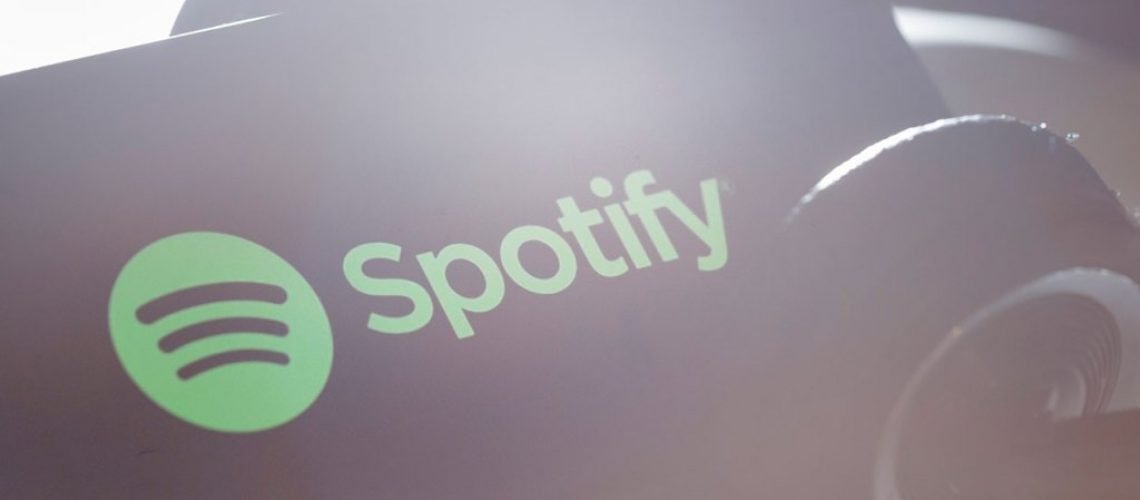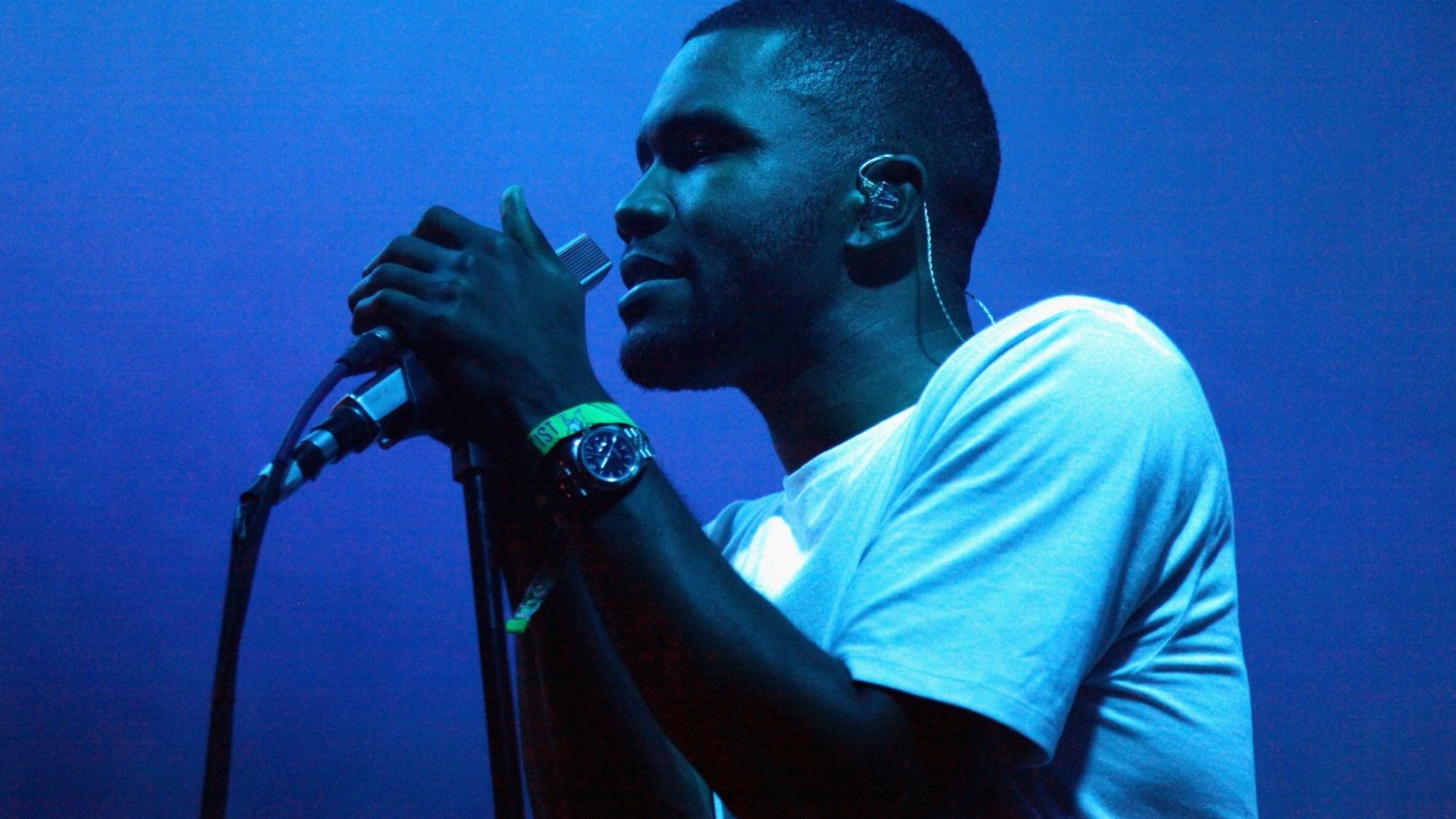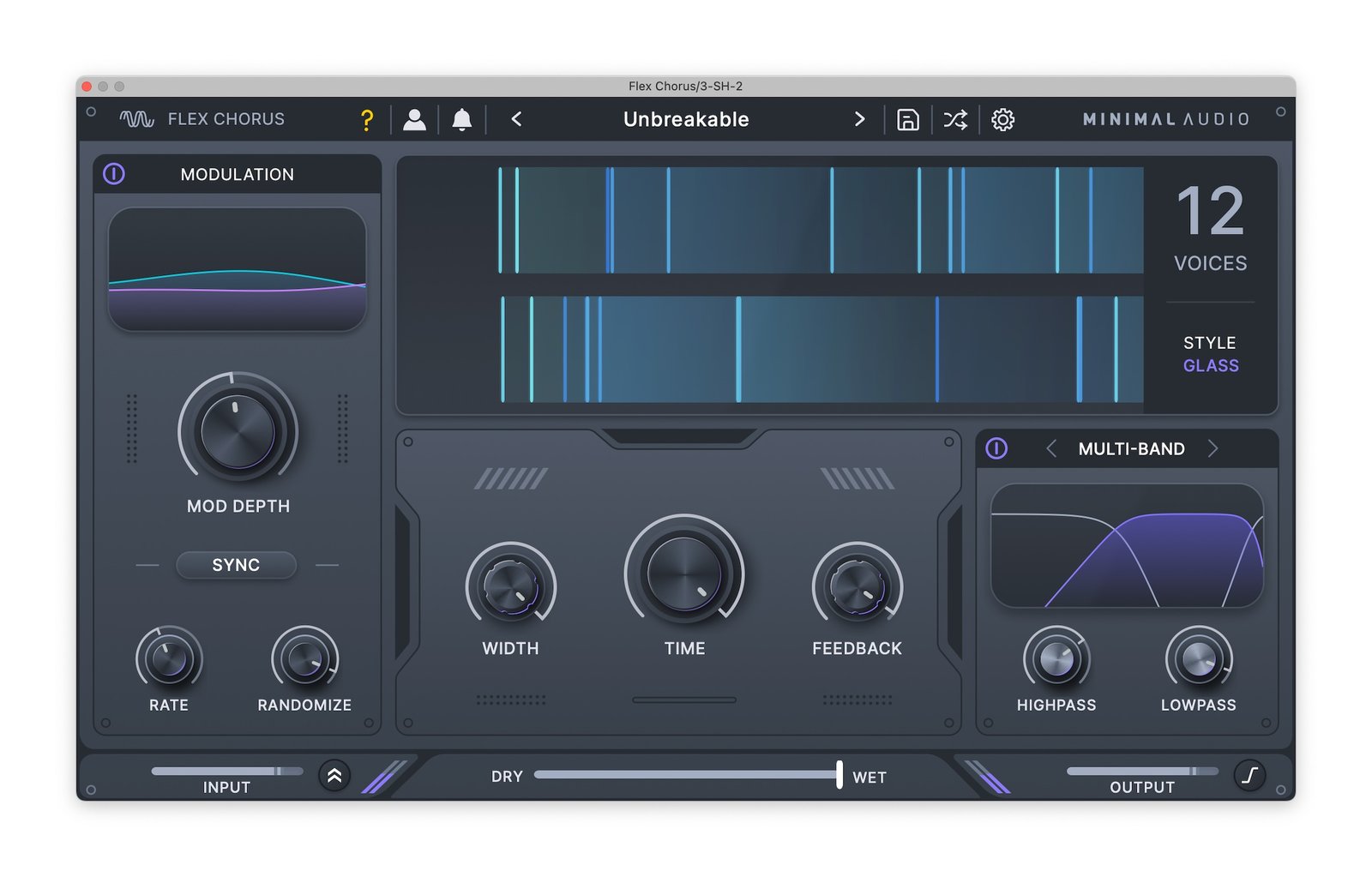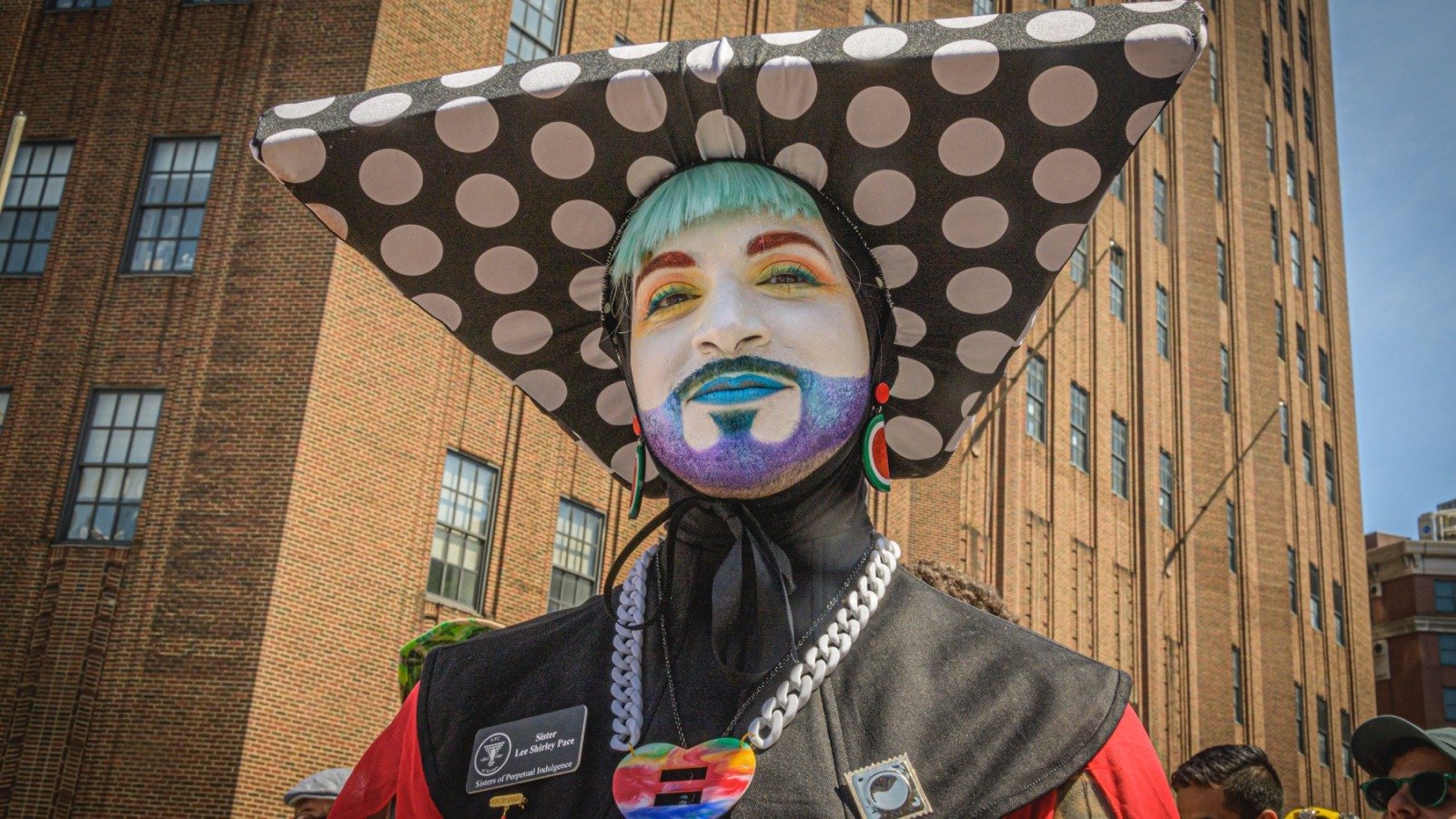DVRST’s “Close Eyes” is brooding and volatile, with an old Memphis rap sample from Project Pat jabbing and chopping its way through a forbidding electronic landscape. It’s a career-making track for the 18-year-old producer, with more than 155 million streams on Spotify alone. The problem is that thieves keep trying to hijack the song, uploading their own copies of the audio — sometimes under the same artist name, and with the same album art — aiming to divert DVRST’s streaming revenue.
This attempted hijacking is possible thanks to a technology Spotify calls “track linking.” In support emails sent to members of the music industry, the platform says this process “works by grouping recordings that have been ingested from different sources.” If, for example, an artist has released the same track more than once through more than one distributor, or the song is under different licenses in different territories, Spotify will merge the recordings in its internal systems so that the single keeps its play count.
But some people are exploiting this system for nefarious purposes: They find songs from independent artists that are performing well and upload a copy so that, after track linking merges the two versions, some of that streaming revenue might be diverted into their pockets. In the case of a high-performing single like “Close Eyes,” real money is at stake — the song brings in more than $50,000 per month.
The problem starts before the music even reaches streaming services. Some distribution companies don’t have adequate measures in place to combat piracy, and scammers can use one of these platforms to upload “a new version of our song with the exact same audio,” says Tyler Blatchley, co-founder of the label Black 17 Media, which signed DVRST. “If Spotify detects it’s the exact same audio, it automatically merges the two products. And we’ll start to lose some of our streaming revenue” unless Black 17 notices what is happening, finds the copying track, and takes prompt retaliatory action.
DVRST has been targeted at least five times — amusingly, one digital hijacker who uploaded a copy of “Close Eyes” claimed the song was from 1898 — and scammers have gone after other artists on the Black 17 roster. Most recently, on June 9, someone tried to hijack Dxrk’s “Rave,” which is currently earning more than half a million Spotify streams a day.
There is typically a three-month delay on streaming payouts; however, if artists or their teams are not actively paying attention to what’s happening on the back end of Spotify — tracking releases in real time on the Spotify for Artists app — they can potentially lose a portion of their streaming revenue via unwanted mergers. The attempted takeover technique is “big in the underground rap world,” adds another indie label owner who focuses on hip-hop. “If you’re not on it, you can lose revenue.”
“Copyright infringement is an industry-wide issue that Spotify takes seriously,” a spokesperson for the streaming platform said in a statement. “We have robust, active mitigation measures in place that identify bad actors, limit their impact and penalize them accordingly. We are continuously evolving our efforts to limit the impact of such individuals on our service.”
To outsiders, the solution to stop these hijackings seems simple: stop merging. But it’s routine for an artist to release a single first and then include it on an album; maybe the song subsequently appears on a soundtrack — all these versions need to be treated as one. And in a music economy that prizes virality, merging songs smoothly is an especially crucial task.
Say an act that’s distributed through Distrokid sees a song explode on TikTok, gets a similar jump on streaming services, and then gets signed by a major label. The artist has to change distribution so that the major label starts overseeing the viral song and earning money from it. “But people don’t want to lose the plays they already have on Spotify or on TikTok,” Blatchley explains, because those help prove that a song is popular, enticing even more people to check it out. “So the major does a duplicate digital delivery of the song, and it has to merge. It’s super important that when you take a song over that’s viral on TikTok, the two merge properly. If the main sound comes down for a few days, it could kill your momentum.”
Merging once required unique codes — ISRC and UPC — which are primarily known only to parties directly involved with the track, like labels and distributors. But those are no longer necessary in every case; Spotify’s “track linking” makes this process easier by automating it. The system appears to have unintentionally made hijacking possible as well. “It can be really frustrating” to have to fight off pirates, says the indie label owner.
Artists have one weapon in their battle against hijackers: issue a copyright infringement claim. Spotify will respond to this within a set window and take down the copying track. “You have to hit back right when these people attack,” Blatchley says. “If all of us know to go and do the infringement claim, none of these guys will get paid and they’ll stop doing it.” Though there’s a dark side to leveling infringement claims as well — some artists are weaponizing them against tracks that don’t actually infringe, either due to pure pettiness or to boost their own songs with similar titles. (More on that here.)
The victims of the attempted hijackings appear to be primarily independent artists, who don’t have the layers of protection afforded to those on major labels. Established acts have a few safeguards. First, prominent artists are placed on a sort of block list, so a random person can’t upload music to streaming services under the name Drake. Second, content ID systems like Audible Magic will catch prominent songs that have previously been distributed — if someone tries to upload an exact copy of Future’s latest single, that person will be stopped in the process. (However, sped-up or “slowed + reverbed” versions of that track might make it past these defenses.) On top of that, major labels also have teams fighting various forms of digital piracy.
In a bizarre twist, Black 17 has actually started to pick up more clients as its reputation grows for being able to battle would-be pirates. “It’s weird — usually artists want to work with a label because of the advance, or their marketing, or they like the people,” Blatchley says. “Now it’s like, ‘I’ll sign with them because they can defend me against copyright problems.’”




